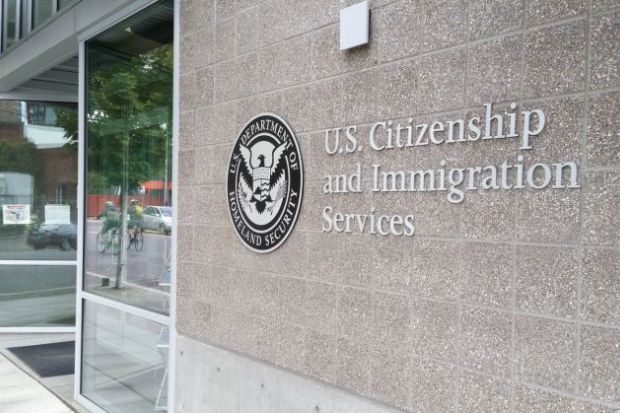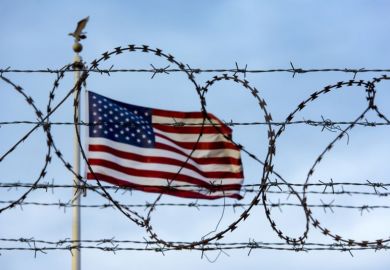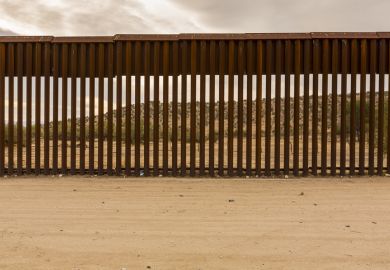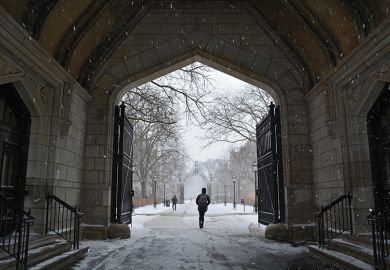US government officials have taken key steps to stop fraud in the federal programme that certifies US universities as being suitable for enrolling foreign students, but they still need to do more, government auditors say.
Despite the operational improvements, the US Immigration and Customs Enforcement agency remains too trusting of educational institutions in its oversight processes, the US Government Accountability Office says in its audit.
The GAO issued its findings one month after the immigration agency, also known as ICE, revealed a two-year sting operation in which it created a fake university in Michigan to arrest 130 students on charges of staying beyond their allotted visa time.
ICE carried out a similar sting operation three years earlier in New Jersey, charging 21 brokers, recruiters and institutional employers with helping more than 1,000 foreign nationals circumvent visa rules.
The GAO cited such operations in crediting ICE with addressing deficiencies in its risk analysis procedures that the auditing agency identified in a 2012 assessment.
But, the GAO says in its new study, ICE is not carrying out regular on-campus checks frequently enough, creating a backlog of more than 3,000 recertification petitions. ICE is also relying too heavily on designated employees at the institutions to maintain student records, without giving them enough training, the GAO says.
“Though the Department of Homeland Security has improved programme oversight, we now recommend that it further enhance controls over schools and school employees to help mitigate fraud,” the GAO says.
More than 1.2 million foreign students are in the US, enrolled in more than 8,700 approved educational institutions, the GAO says.
ICE was assigned oversight of the student visa programme in 2003, in the aftermath of the September 2001 terrorist attacks. One of the perpetrators entered the US with a student visa, and another attended a flight school while using a tourist visa.
In evaluating ICE, the GAO employed its own sting tactics, saying that it “submitted certification petitions and conducted other covert investigative work for three fictitious schools” in a bid to obtain official certification for them. ICE successfully blocked all three efforts, the GAO says.
Register to continue
Why register?
- Registration is free and only takes a moment
- Once registered, you can read 3 articles a month
- Sign up for our newsletter
Subscribe
Or subscribe for unlimited access to:
- Unlimited access to news, views, insights & reviews
- Digital editions
- Digital access to THE’s university and college rankings analysis
Already registered or a current subscriber?








